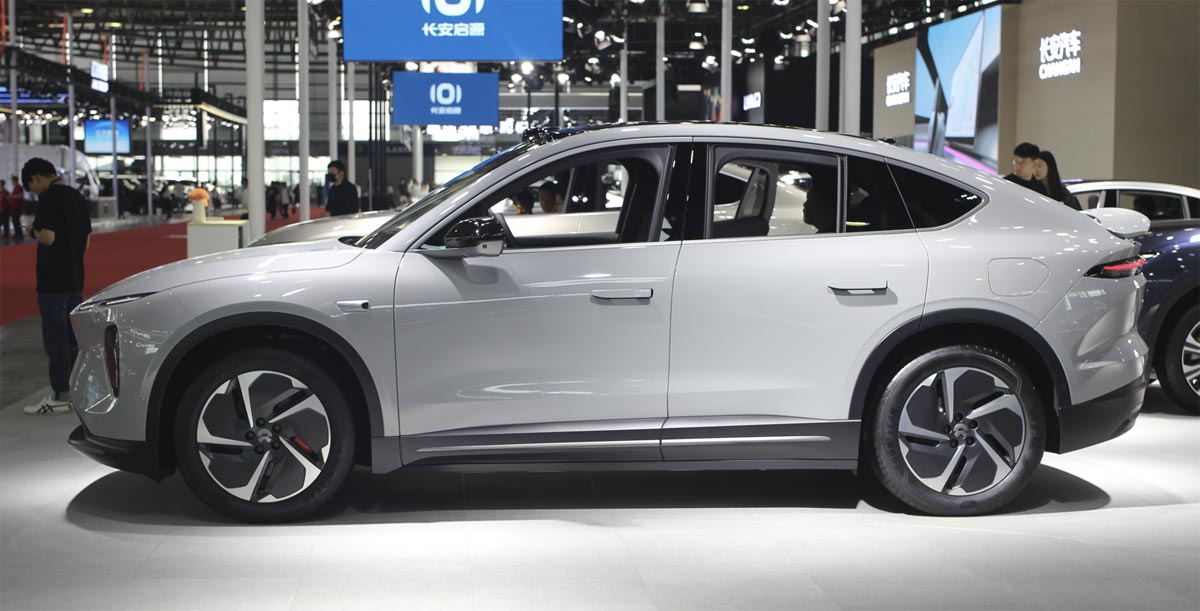The 20,000 quotas are additional to the original 80,000 quotas and can only be used to purchase purely electric vehicles.

China's capital city of Beijing has increased its vehicle purchase quotas in a bid to increase car consumption in the city for the first time in more than a decade.
Beijing's transportation authority announced today that it has added 20,000 electric vehicle (EV) purchase quotas for local families. This is the first time the city has increased the number of purchase quotas since it began restricting car purchases in 2011.
These quotas, which are in addition to the original 80,000, are only available to families without any car in the city, and can only be used to purchase purely electric vehicles.
Under Beijing's purchase restrictions, eligible individual and family applicants are required to obtain a license plate quota that's valid for 12 months in advance through a lottery system before they can register their vehicles in the city.
Publicly available data show that Beijing provided 150,000 vehicle purchase quotas per year from 2014 to 2017, of which 20,000, 30,000, 60,000 and 60,000 were applicable to EVs, respectively.
Since 2018, the annual purchase quota applicable to conventional fuel vehicles and pure-play EVs has been scaled back to 100,000, with the EV quota remaining at 60,000 in 2021 and before.
In 2022 through 2024, the EV quotas were 70,000, 70,000, and 80,000 per year, respectively.
Restrictions on car purchases have led to license plates becoming a scarce resource in Beijing, which has led to an increase in the number of people participating in the lottery system, even though they may not have a pressing need for a car.
Applicants who join the lottery system now may have to wait many years to get a license plate quota.
A few years ago, Beijing tweaked the policy to allow applicants to apply in the name of a family and thus have a better chance of getting a license plate quota.
Beijing's latest move is a response to the central government's call to optimize regulatory policies for cities that restrict car purchases in order to unleash the potential for car consumption.
In the past few months, several Chinese government departments have mentioned that they will promote car consumption and that cities with purchase restrictions should relax their policies.
